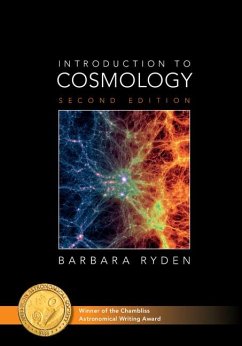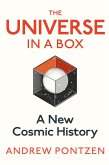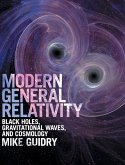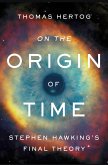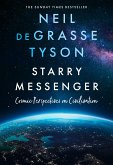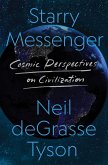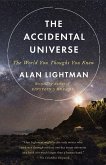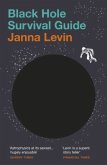This second edition of Introduction to Cosmology is an exciting update of an award-winning textbook. It is aimed primarily at advanced undergraduate students in physics and astronomy, but is also useful as a supplementary text at higher levels. It explains modern cosmological concepts, such as dark energy, in the context of the Big Bang theory. Its clear, lucid writing style, with a wealth of useful everyday analogies, makes it exceptionally engaging. Emphasis is placed on the links between theoretical concepts of cosmology and the observable properties of the universe, building deeper physical insights in the reader. The second edition includes recent observational results, fuller descriptions of special and general relativity, expanded discussions of dark energy, and a new chapter on baryonic matter that makes up stars and galaxies. It is an ideal textbook for the era of precision cosmology in the accelerating universe.
'This is an excellent textbook, with a clear and pedagogical presentation, which perfectly fills a gap between other introductory books available at either much more basic or much more advanced levels. The easy-to-read style, focus on physics concepts, and self-contained derivations make the book easy to follow. It works well for advanced undergraduates or beginning graduate students, who will come away with a solid and comprehensive understanding of modern cosmology. The additions in this Second Edition, such as galaxy formation and baryon acoustic oscillations, are valuable and bring the book even more up-to-date.' Zoltán Haiman, Columbia University

